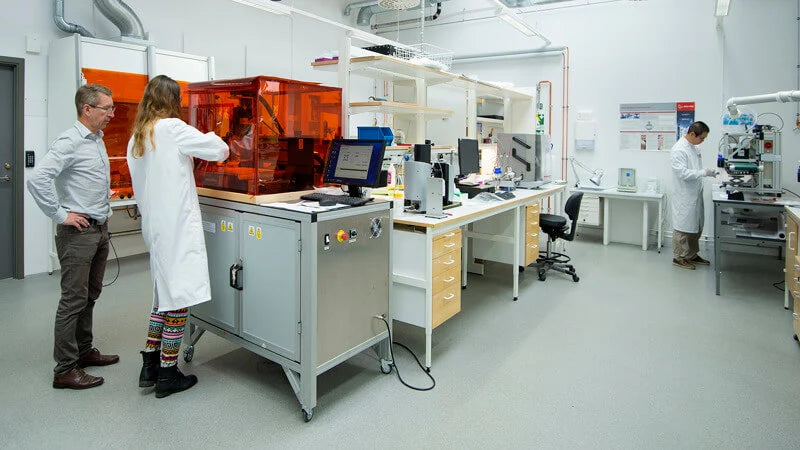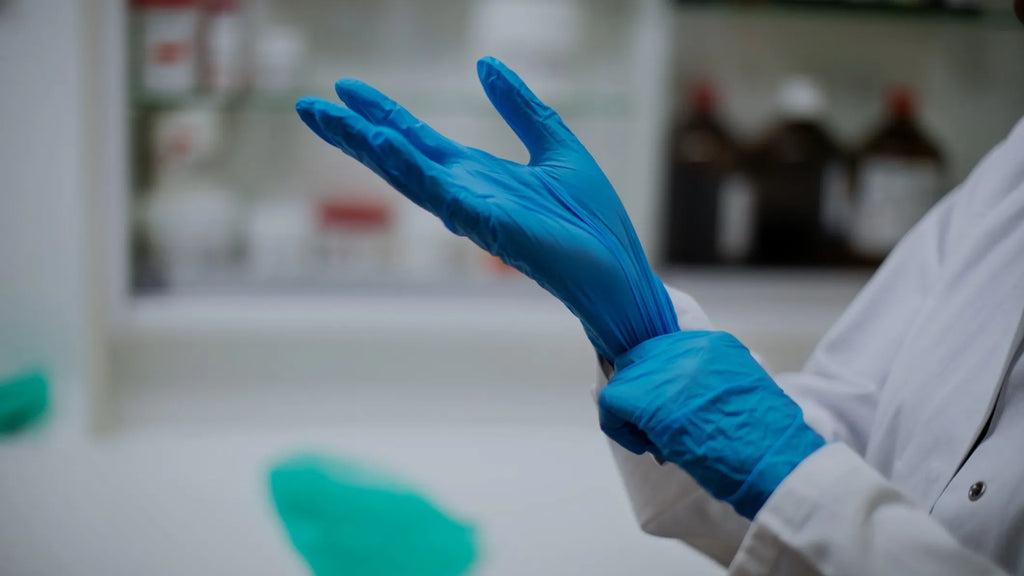These independent studies highlight why long hours in gloves can cause irritation:
when sweat stays against the skin, the barrier softens and becomes more reactive.
This is known in dermatology as Moisture-Associated Skin Damage (MASD) — but the behaviour is what matters:
softened skin, faster irritation, and a higher risk of cracks or flare-ups.
Independent Research on Glove Use and Skin Health
Peer-reviewed studies show that trapped sweat under gloves weakens the skin barrier, increases irritation, and triggers dermatitis flare-ups.


Summary:Investigates how prolonged glove use during the COVID-19 pandemic increased cases of hand dermatitis among healthcare professionals.
→Takeaway:Extended glove wear caused a measurable rise in dermatitis cases, confirming the link between occlusion, sweat, and skin flare-ups.
→View study on Pubmed
Summary: Analyzes the long-term impact of glove occlusion on skin health. The study observes measurable skin barrier changes due to moisture and friction inside gloves.
→ Takeaway: Damp conditions under gloves encourage bacterial growth, worsening eczema symptoms and infections.
→ View study on PubMed
Summary: Finds that occlusive glove use in patients with hand eczema leads to an increased presence of Staphylococcus aureus, which may worsen symptoms.
→ Takeaway: Damp conditions under gloves encourage bacterial growth, worsening eczema symptoms and infections.
→ View study on MedicaljournalSweden
Summary: Reviews evidence linking wet-work and glove use to occupational hand dermatitis, with emphasis on how moisture exposure breaks down the skin barrier.
→ Takeaway: Frequent wet-work combined with gloves significantly increases the risk of chronic dermatitis.
→ View study on Pubmed